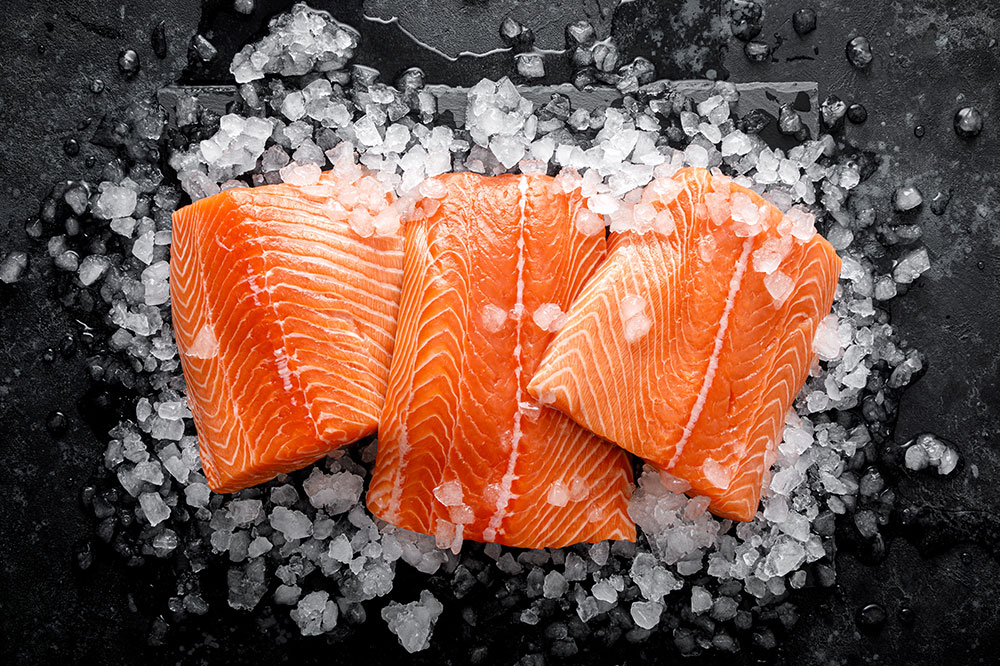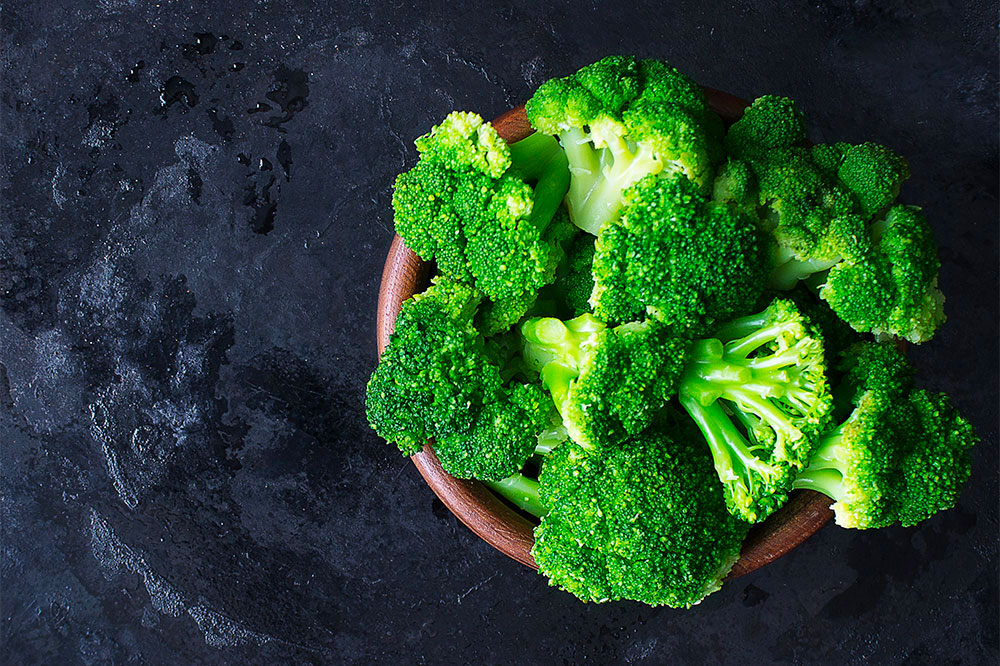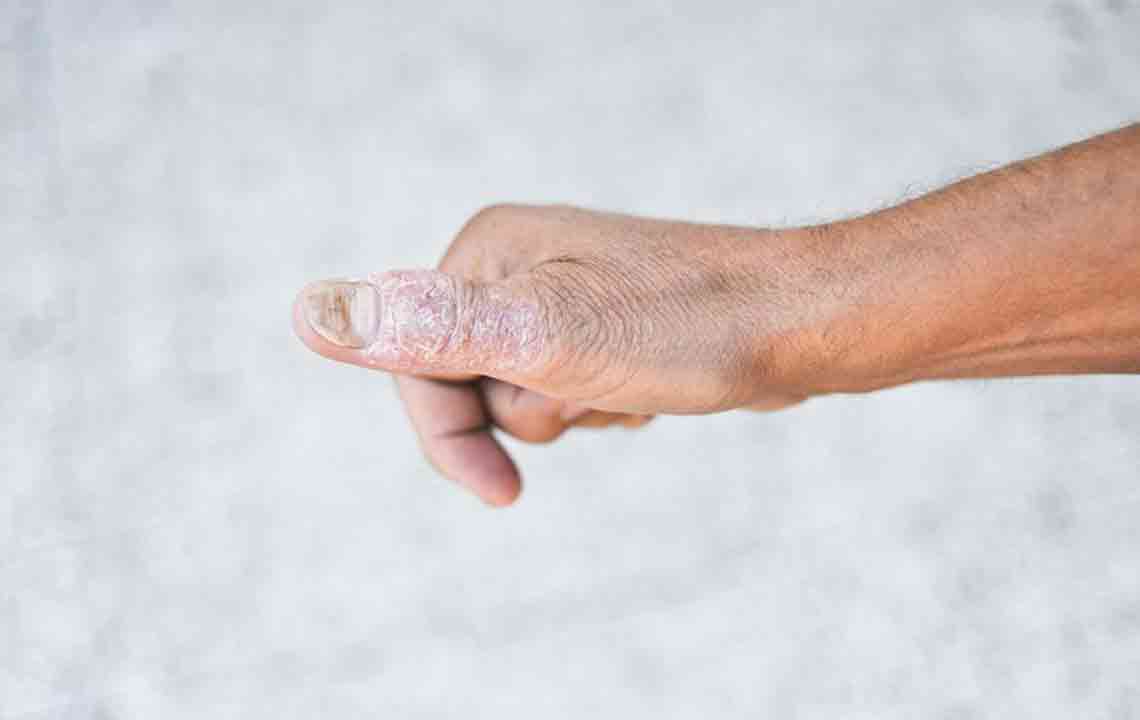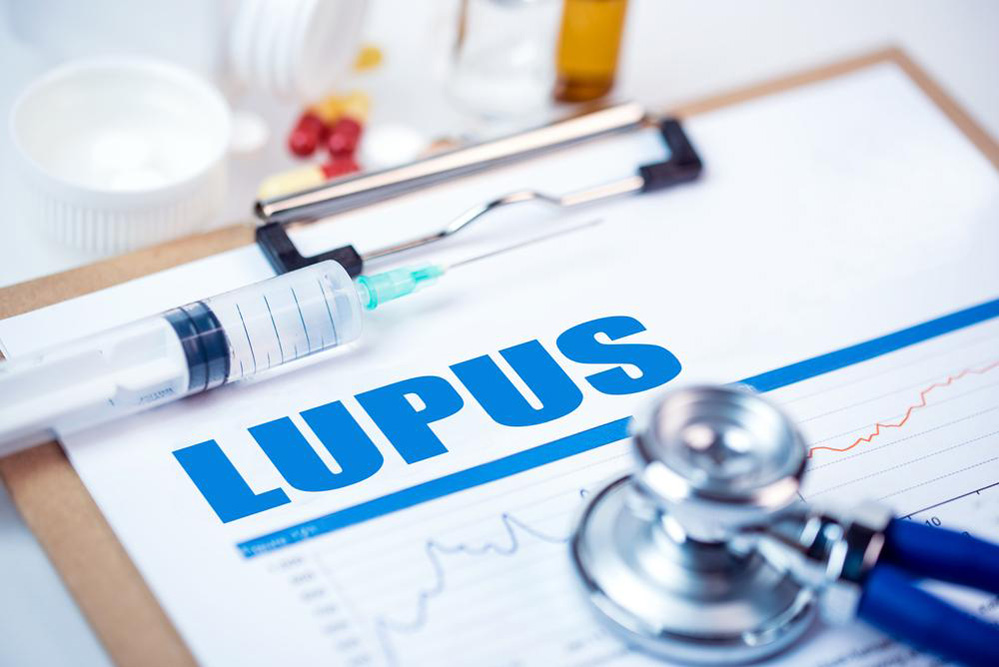Foods to avoid with lupus
Lupus is an autoimmune condition where the immune system mistakenly attacks healthy tissues. Although the common symptoms are fatigue, fever, skin rashes, and joint pain, these can vary from person to person and can be confused with many other illnesses. Lupus is, therefore, referred to as “a disease with a thousand faces.” Like most other conditions, though, food choices play an essential role in managing the symptoms. Here are four foods to avoid for lupus.
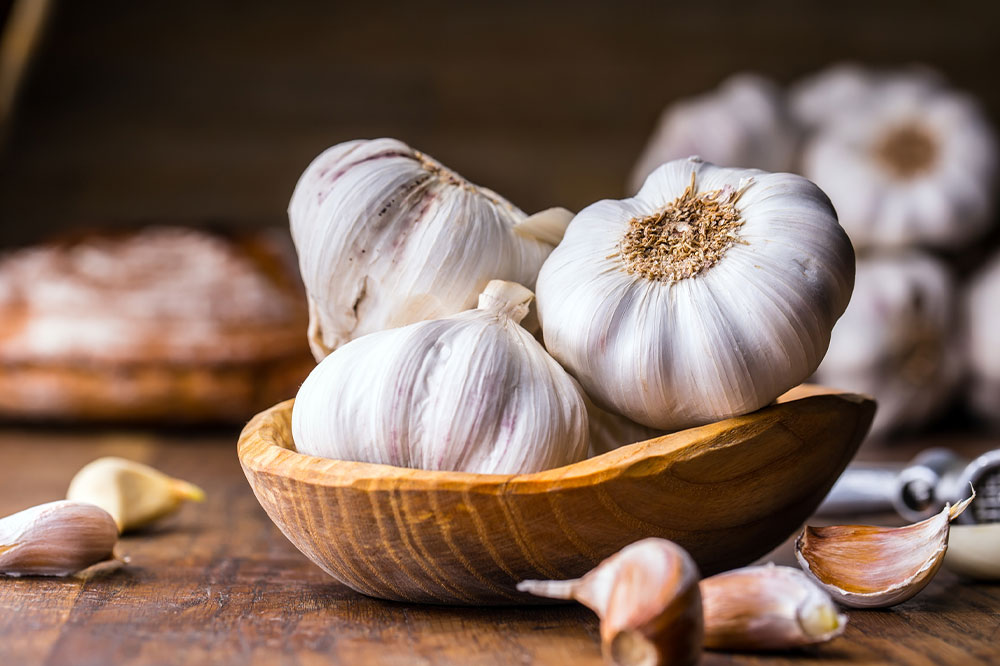
Alfalfa sprouts
Alfalfa sprouts, or the shoots of the alfalfa plant, can increase inflammation in the body. This is particularly true for people with lupus and other autoimmune conditions. A compound called L-canavanine present in alfalfa is responsible for this. L-canavanine can stimulate the immune system and worsen the symptoms of the disease. Therefore, lupus patients must avoid alfalfa, whether as sprouts or as a garnish for soups and sandwiches.
Garlic
Garlic enhances the activity of white blood cells, including the lymphocytes and macrophages of the immune system. While this enhanced immune response is beneficial for others, it can prove counterproductive for lupus patients. This does not mean one should entirely eliminate the herb from the menu. Mindful and monitored consumption of garlic is okay without going overboard.
Saturated fats
Saturated fats and trans fats are considered harmful even for those who do not have health concerns. But the danger is, of course, magnified in the case of people with lupus. Those with this health condition are already at risk of heart attack, and saturated fats found in fried foods, red meat, full-fat dairy, and baked goods can affect heart health. Further, their calorie-rich and nutrient-deficient nature makes them one of the foods to avoid for lupus.
Echinacea
Echinacea is a flowering plant whose extracts are effective in improving immune function. But it does not help everyone. It can do more harm than good to someone who already has an overactive immune system. Echinacea is, therefore, something that lupus patients might want to avoid. It is found in several health supplements, so it is better to check with a doctor before buying and using them.
Whilst avoiding these foods, one can also use treatments recommended by the doctor to manage lupus. Using topical creams and antimalarial prescriptions is one way of reducing the skin rash and its symptoms. Sunscreen to prevent harmful UV light may also prevent a lupus rash.
